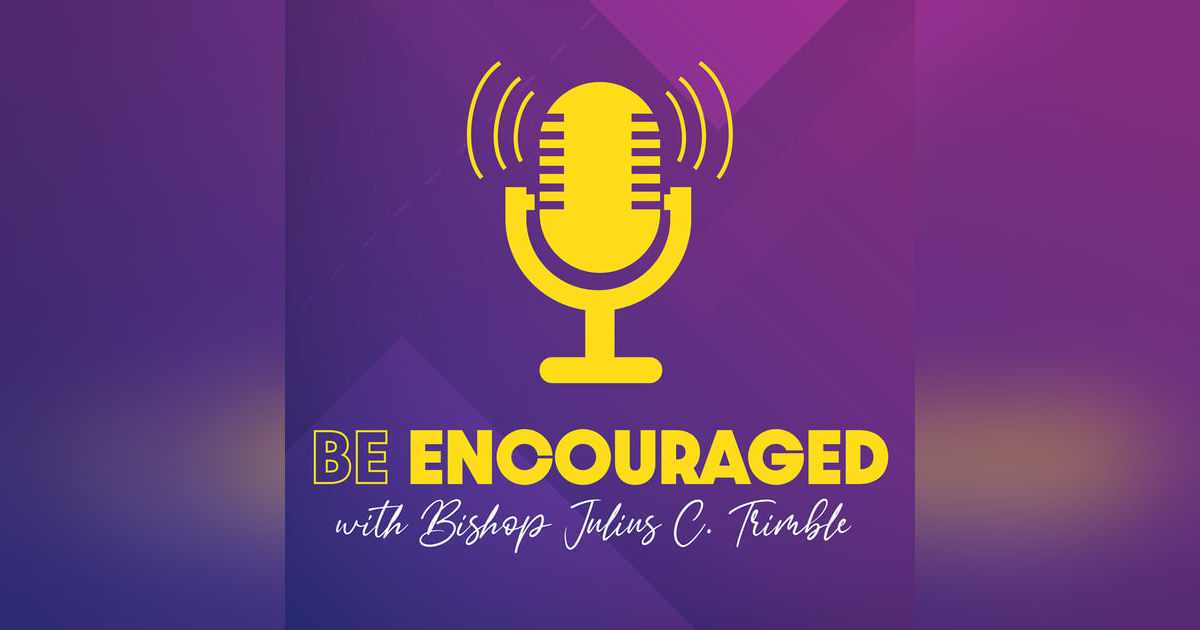“A Hope to Keep On Keeping On” with Iowa Bishop Laurie Haller (Part 2)

Bishop Julius C. Trimble is the Resident Bishop of the Indiana Area of the United Methodist Church.
Bishop Trimble has the personal mission to encourage all people with the love of Jesus Christ to rise to their highest potential. It is his commitment to his personal mission that led Bishop Trimble to create the “To Be Encouraged” Podcast along with co-host Rev.Dr. Brad Miller.
Bishop Trimble says, “I am compelled by Jesus to share with you an encouraging word or two about Jesus, theology, the Bible, the pandemic, the environment, racism, voting rights, human sexuality, and the state of the United Methodist Church.”
To Be Encouraged with Bishop Julius C. Trimble is to be published weekly and is available at www.tobeencouraged.com and all the podcast directories.
https://www.inumc.org/bishop/office-of-the-bishop/
Special Guest in Episode 038 is Iowa Annual Conference Bishop Laurie Haller
Bishop Laurie Haller was elected on ballot 13 at the 2016 North Central Jurisdictional Conference on Thursday, July 14, 2016.
Bishop Laurie Haller served in the Michigan area from 1982 to 2016. She was serving as senior pastor of First United Methodist Church in Birmingham in the Detroit Annual Conference when she was elected to the Episcopacy on July 14.
Bishop Haller is a prolific writer whose essays and articles have appeared in the Michigan Christian Advocate, Worship Arts, United Methodist Reporter, Ministry Matters, UM Insight, the United Methodist News Service Daily Digest, MIConnect, and Faith in Action.
Her blog "Leading from the Heart" is available here: https://www.lauriehaller.org/
Bishop Haller is married to Rev. Gary Haller, retired senior pastor of First United Methodist Church in Birmingham, Michigan. They have three children and two grandchildren.
Bishop Haller’s 2015 book, Recess; Rediscovering Play and Purpose, is available through Cass Community Publishing House, (https://tictail.com/s/ccpublishinghouse).
Bishop Haller published a second book in 2020 called Wandering into Grace; A Journey of Discovery and Hope. It is published by Abingdon Press and is available from Cokesbury. (www.cokesbury.com)
Part 1 of this interview with Bishop Laurie Haller will be available at this link: https://tobeencouraged.com/episode/038


